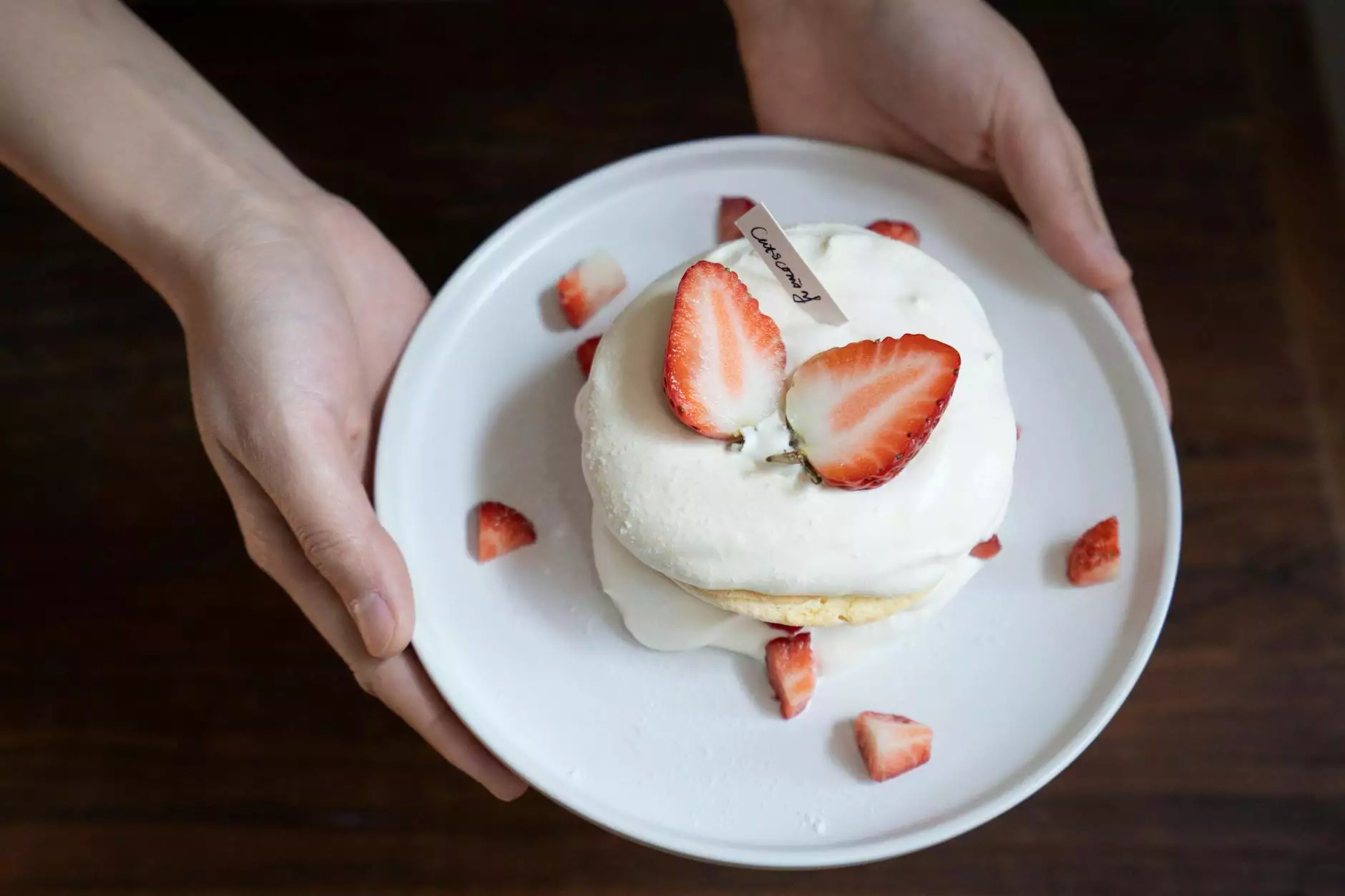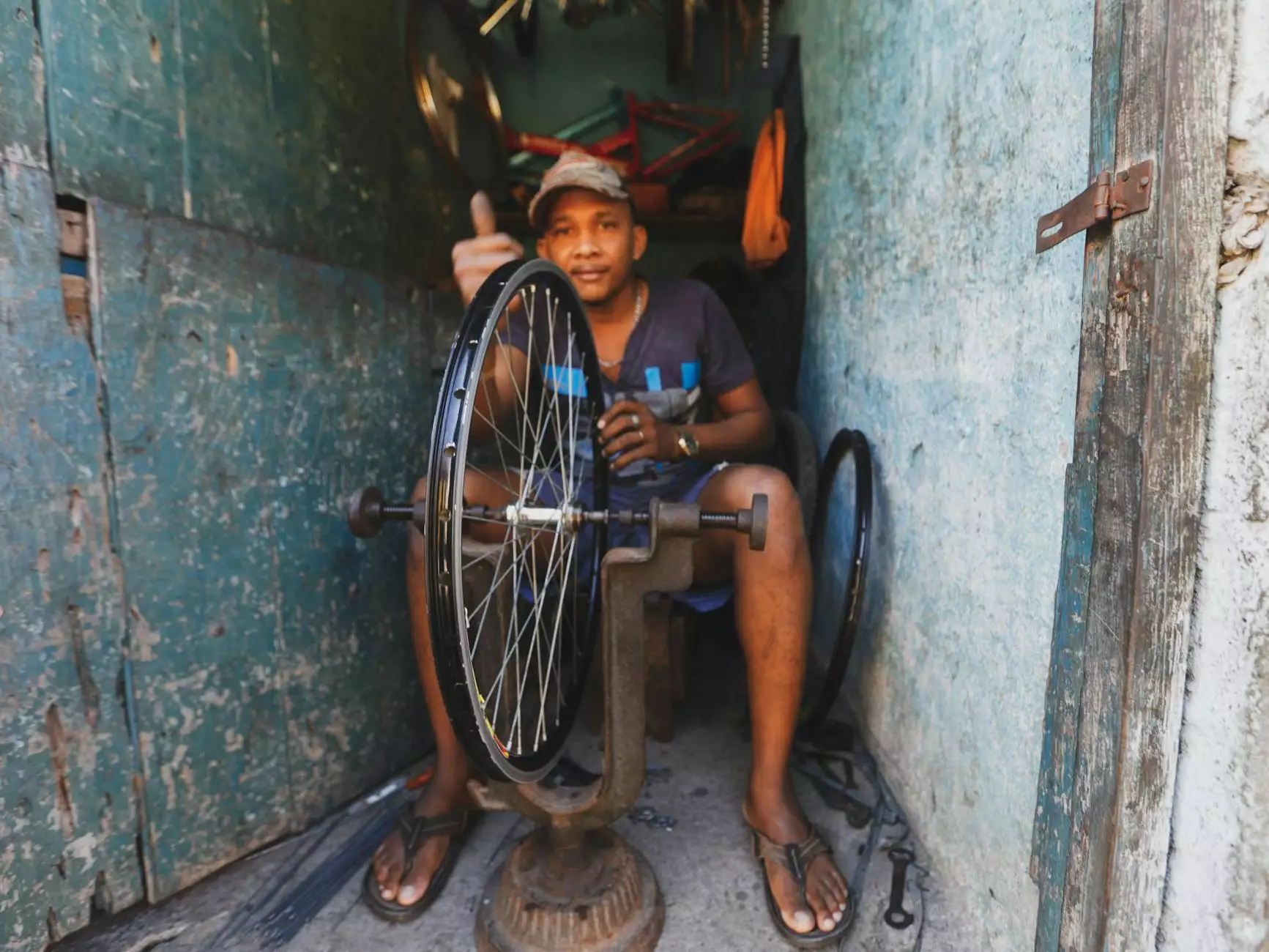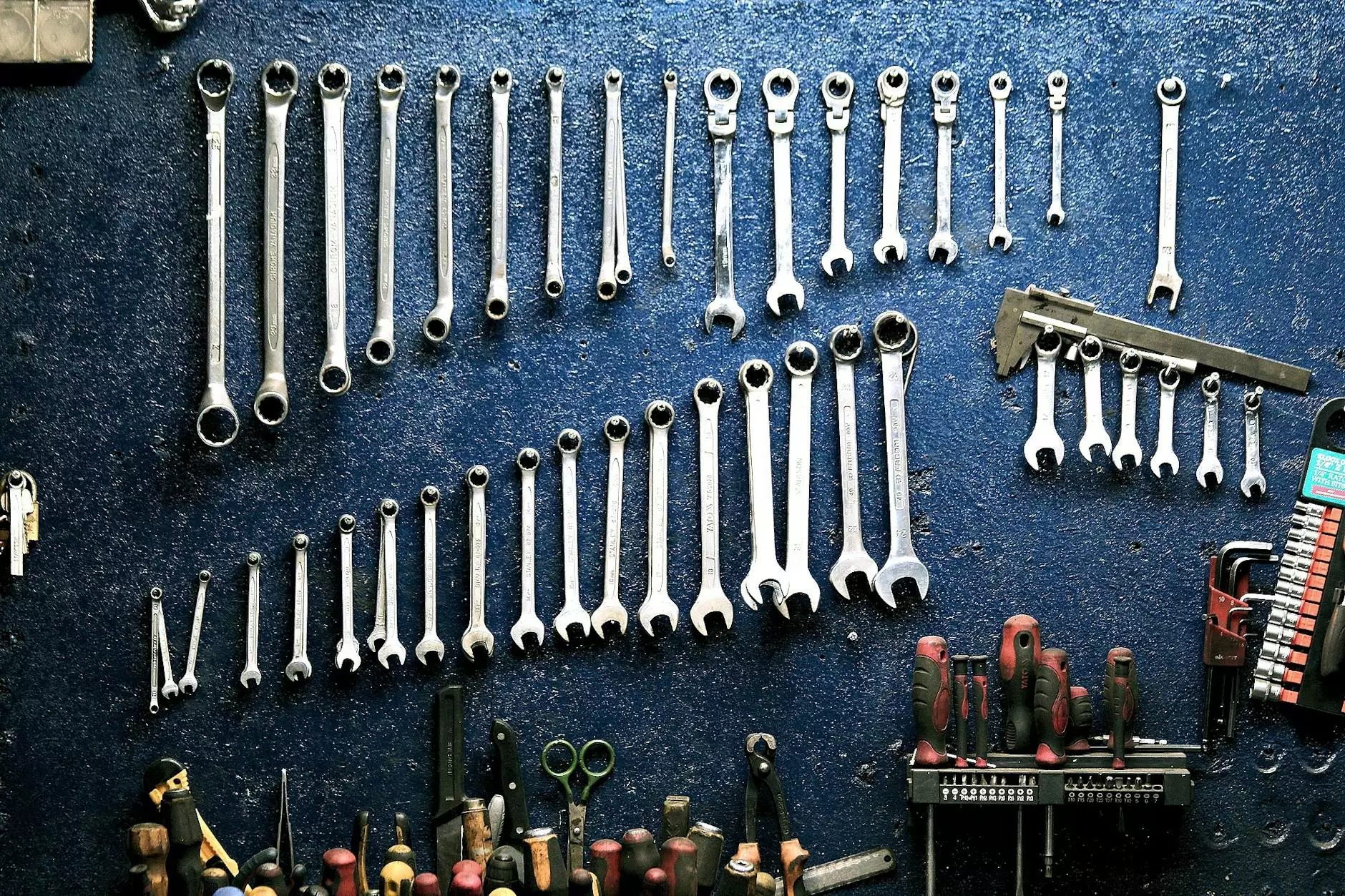The Role of Brazilian Sugar Exporters in the Global Market

Brazil is renowned for its abundant sugar production, being the world's largest sugar exporter. The country's unique climate conditions, agricultural practices, and advanced technology collectively contribute to a flourishing sugar industry that meets the demands of a global market hungry for this essential product. In this article, we will explore the various dynamics of Brazilian sugar exporters, their operations, and their significance in the international economy.
Understanding the Global Sugar Market
The global sugar market is vast and complex, influenced by a myriad of factors including demand from various industries, government policies, and trade agreements. Sugar is a staple ingredient not only in food and beverages but also in biofuels, pharmaceuticals, and cosmetics. As such, the role of Brazilian sugar exporters is pivotal in maintaining a stable supply chain.
Global Demand and Supply Dynamics
- Rising Demand: With the increase in population and, consequently, sugar consumption across the globe, particularly in developing nations, the demand for sugar continues to rise.
- Price Fluctuations: Sugar prices can fluctuate based on production levels, climatic conditions, and international trade policies. Understanding these fluctuations is crucial for Brazilian sugar exporters.
- Substitutes and Innovations: The market is witnessing a shift towards alternative sweeteners and sugar substitutes. However, traditional sugar, especially high-quality Brazilian sugar, remains a staple in many regions.
The Brazilian Sugar Industry: Overview
Brazil’s sugar industry is a well-oiled machine, combining both modern farming techniques and traditional methods. The country boasts an extensive area of sugarcane plantations, predominantly located in the Central-South region, which accounts for a significant portion of the country’s total sugar production.
Major Sugar Regions in Brazil
- São Paulo: The largest sugar-producing state in Brazil, known for its high-quality sugarcane.
- Minas Gerais: Notably rising in sugar production, contributing to Brazil's overall capabilities.
- Paraná: A key producer with vibrant agricultural practices supporting sugar cultivation.
The Exporting Process
The process of exporting sugar from Brazil involves several critical steps to ensure quality and compliance with international standards.
From Cane to Export: The Journey of Sugar
The journey of sugar begins in the fields where sugarcane is cultivated. Following harvesting, the cane is processed to extract juice, which is then purified and crystallized into sugar. This raw sugar undergoes rigorous quality checks and is packed for export. The following steps outline this journey:
- Harvesting: Typically occurs between April and November each year.
- Processing: The sugar cane is crushed, and juice is extracted to produce raw sugar.
- Quality Assurance: Compliance with international standards such as ISO and FDA regulations is paramount.
- Transportation: The finished sugar is then transported to ports for shipment, utilizing Brazil’s robust logistics network.
Quality and Sustainability: Key Differentiators
In a competitive global market, Brazilian sugar exporters set themselves apart through quality and sustainability. As consciousness about environmental impacts grows, exporters focus on sustainable practices that also enhance sugar quality.
Quality Assurance in Sugar Production
Brazilian sugar exporters adhere to stringent quality guidelines to meet international standards. The quality of sugar is determined by several factors:
- Purity Levels: High purity is a hallmark of Brazilian sugar, making it desirable for various applications.
- Geographical Indications: Sugar from specific regions is recognized for the unique characteristics influenced by local soil and climate.
- Certifications: Many exporters possess certifications that guarantee quality, such as Fair Trade and Organic certifications.
Sustainability Efforts in the Sugar Industry
Brazilian sugar exporters are increasingly implementing sustainable practices to mitigate environmental impact. These include:
- Waste Management: Effective management of by-products from sugar production, such as bagasse for bioenergy.
- Water Conservation: Adoption of efficient irrigation techniques to minimize water waste during cultivation.
- Soil Health: Practices that promote soil health, ensuring sustainable yields over time.
The Economic Impact of Brazilian Sugar Exporters
The economic significance of the sugar export industry extends far beyond mere profits. It supports millions of jobs and contributes substantially to Brazil's GDP, affirming its role as a cornerstone of the agricultural economy.
Employment and Livelihoods
The sugar industry is a major employer in Brazil, providing direct and indirect jobs for millions of people. This includes:
- Agricultural Workers: Workers involved in the cultivation and harvesting of sugarcane.
- Processing Plant Employees: Individuals working in the sugar processing facilities.
- Logistics and Distribution: Jobs related to the transportation and distribution of sugar products.
Contribution to Brazil’s GDP
The sugar sector makes a significant contribution to Brazil’s GDP, particularly through exports. It is vital for the economy’s health, helping to balance trade deficits and generate foreign currency.
Challenges Faced by Brazilian Sugar Exporters
Despite its strengths, the industry faces numerous challenges that could impact its future trajectory. Some of the most pressing challenges include:
Climate Change
The effects of climate change pose a serious threat to agricultural productivity worldwide, and Brazilian sugarcane is no exception. Droughts and floods can adversely affect crop yields, leading to potential shortages and increased prices. Thus, adaptation strategies are essential for sustainability.
International Trade Policies
Changes in international trade policies can heavily influence the sugar export landscape. Tariffs, quotas, and trade agreements play a crucial role in determining how competitive Brazilian sugar remains on the global stage. Exporters must remain vigilant and adapt to these changes to maintain their market position.
Technological Advancements
Embracing technological advancements is critical for Brazilian sugar exporters to improve efficiency and reduce costs. Innovations such as precision agriculture, data analytics, and biotechnology can enhance crop yields and streamline operations. However, the initial investment and learning curve may pose challenges for some exporters.
Future Outlook for Brazilian Sugar Exporters
The future of the Brazilian sugar export sector looks promising, bolstered by existing strengths and emerging opportunities. Key trends shaping this future include:
Increased Demand for Ethanol
With the global shift towards renewable energy sources, biofuels derived from sugarcane, particularly ethanol, present a significant opportunity for Brazilian sugar exporters. As countries strive to reduce their carbon footprints, the demand for sugarcane-based ethanol is expected to rise.
Expansion into New Markets
Brazilian sugar exporters are increasingly looking to diversify their markets, penetrating regions where sugar consumption is on the rise. Expanding into Asian and African markets presents vast potential for growth.
Technological Integration
The integration of more advanced technology in production, logistics, and marketing processes is set to revolutionize the industry. This will not only enhance productivity and efficiency but also allow better adherence to sustainability practices.
Conclusion
Brazilian sugar exporters play a crucial role in the global sugar market, contributing significantly to food supply chains and the economy. Their commitment to quality, sustainability, and innovation positions them well in the face of global challenges. As the industry continues to evolve, Brazilian sugar exporters will remain at the forefront of addressing market demands and providing quality products to consumers worldwide.
For more information and insights on Brazilian sugar exporters, visit brazilsugartopsuppliers.com.









